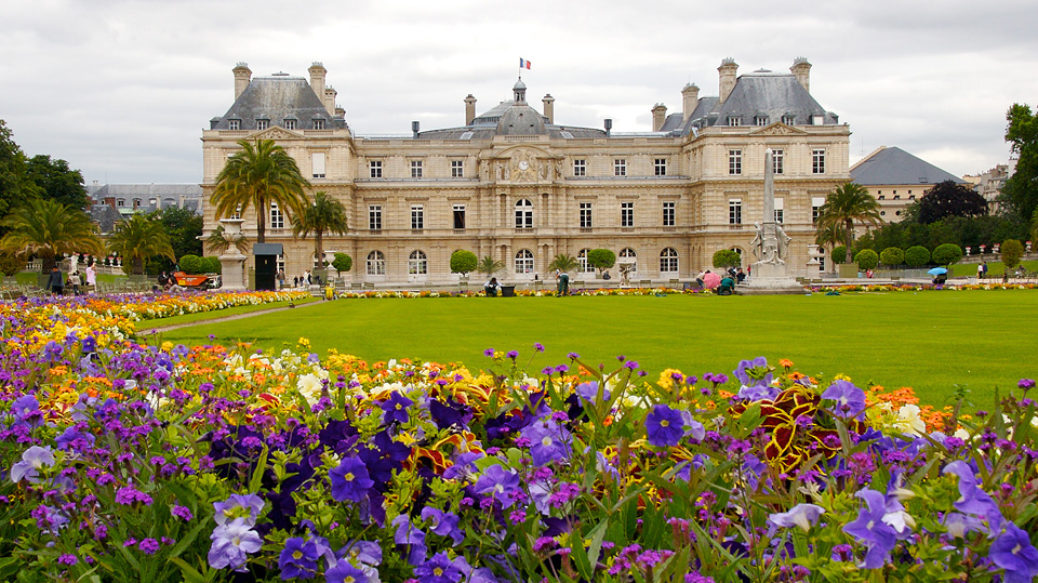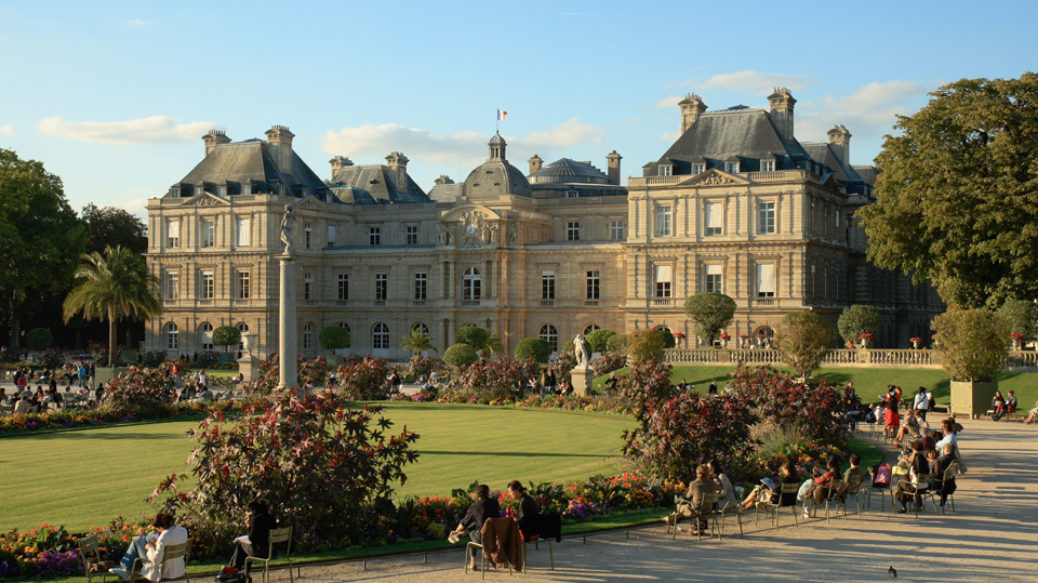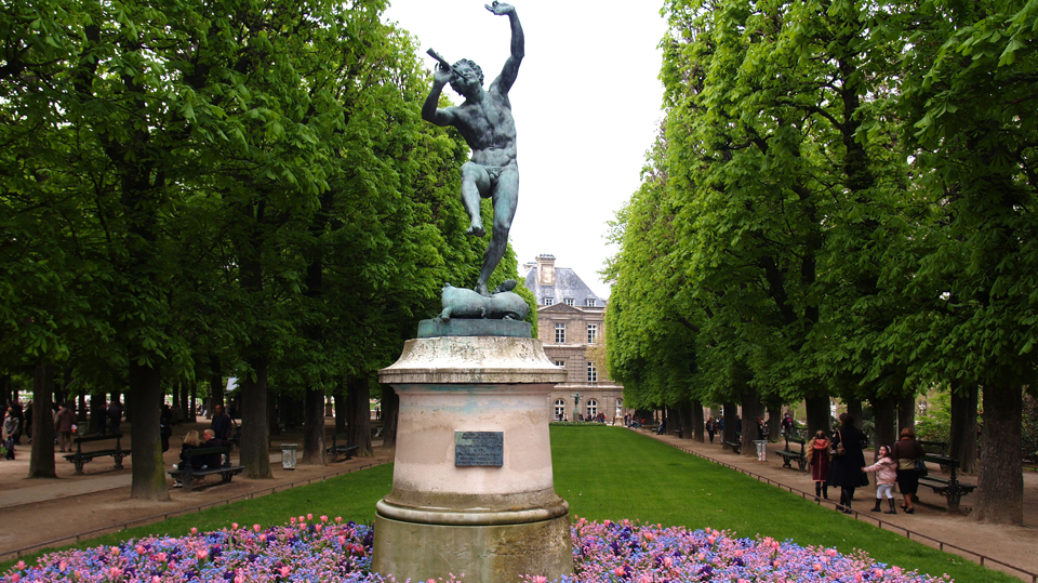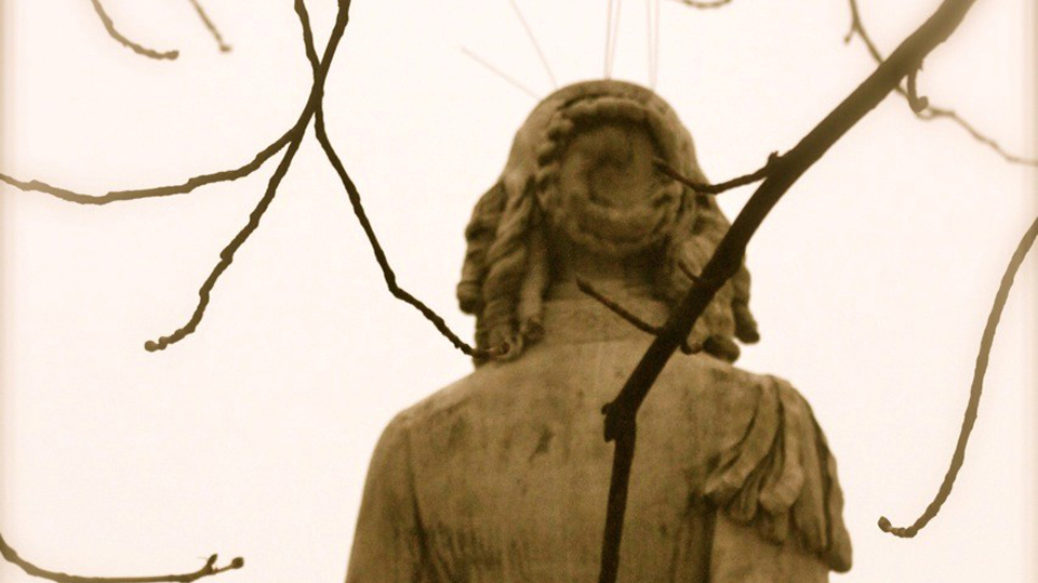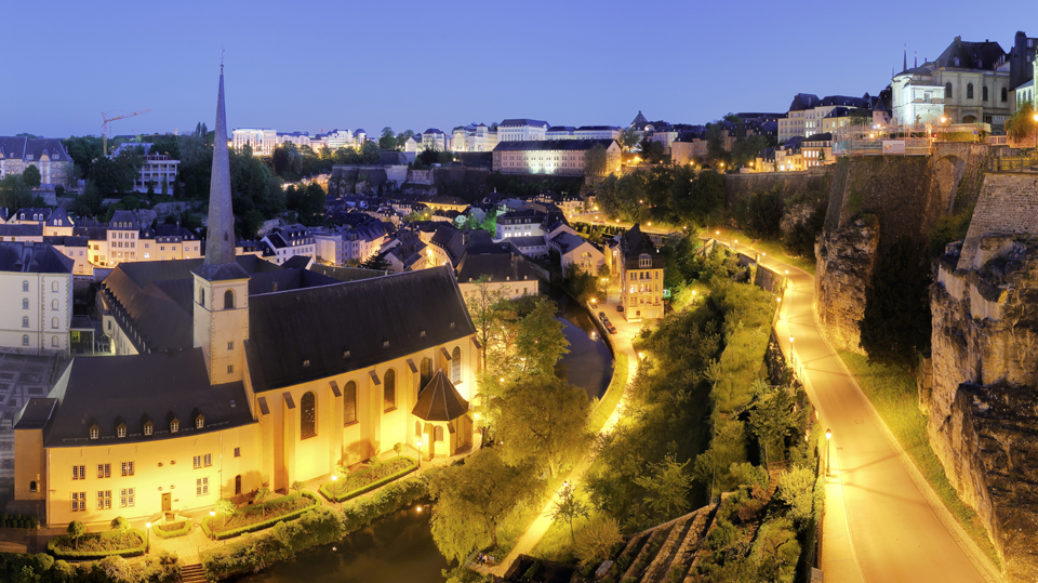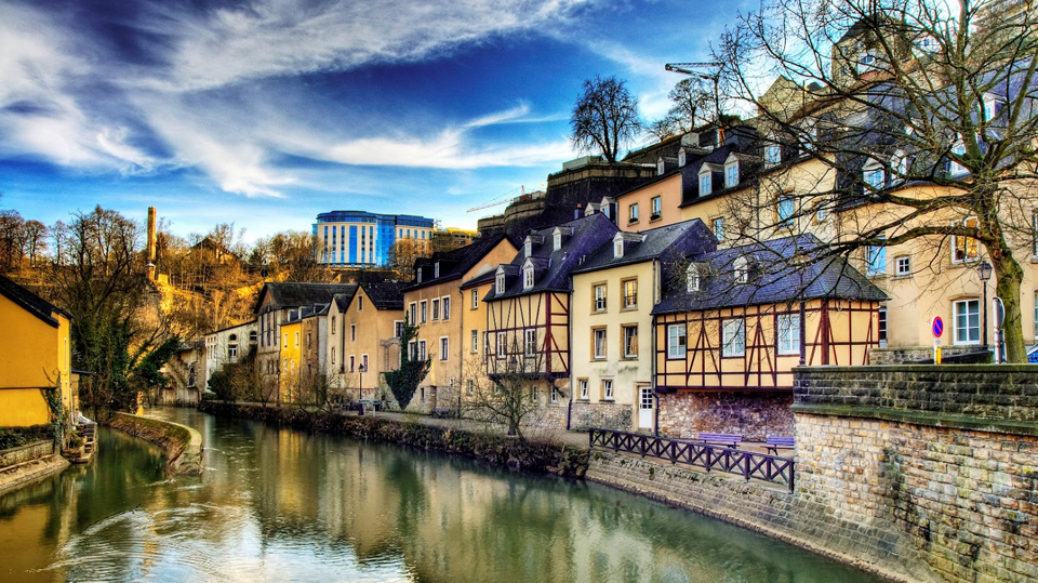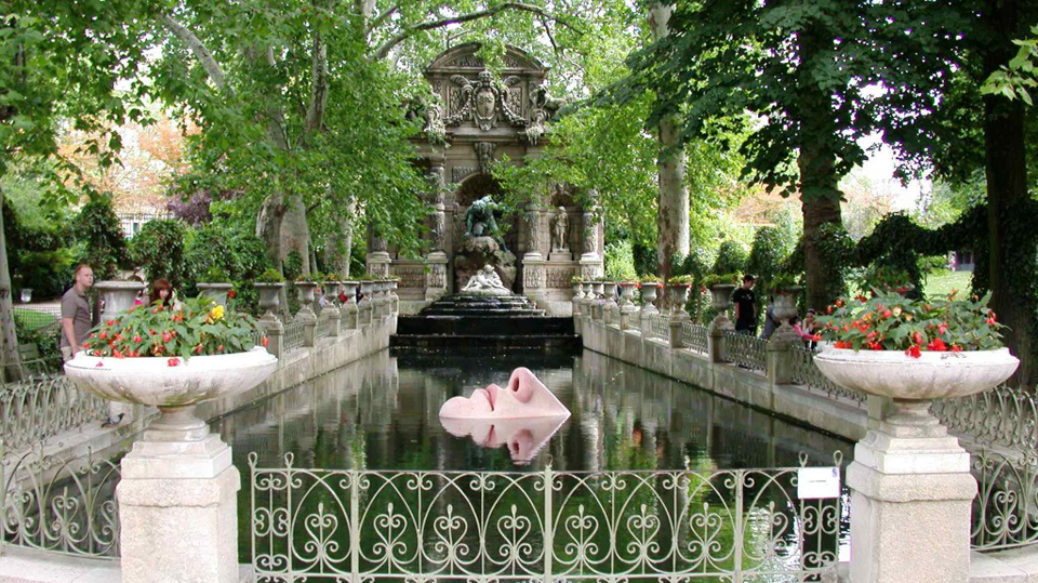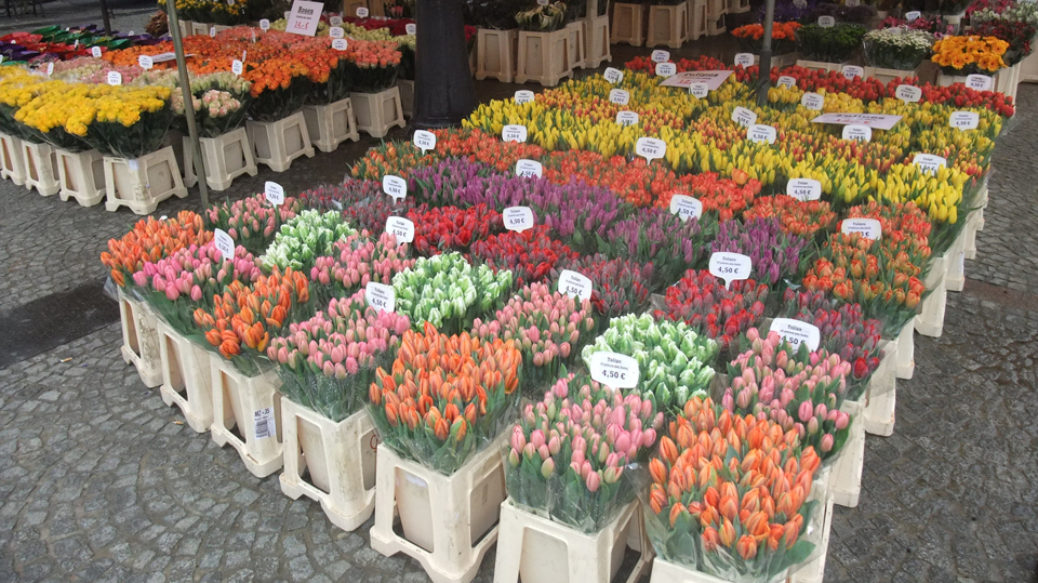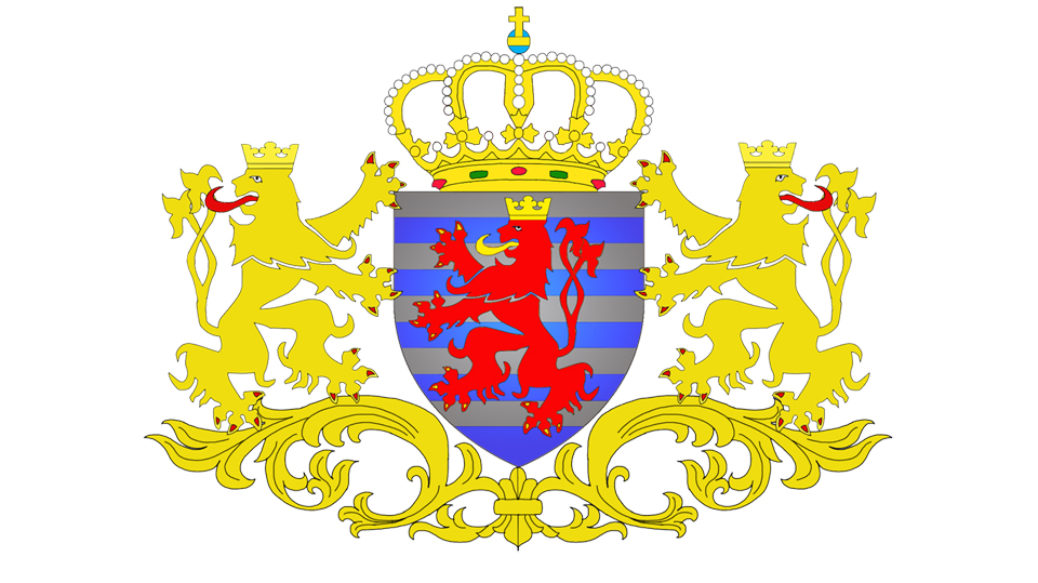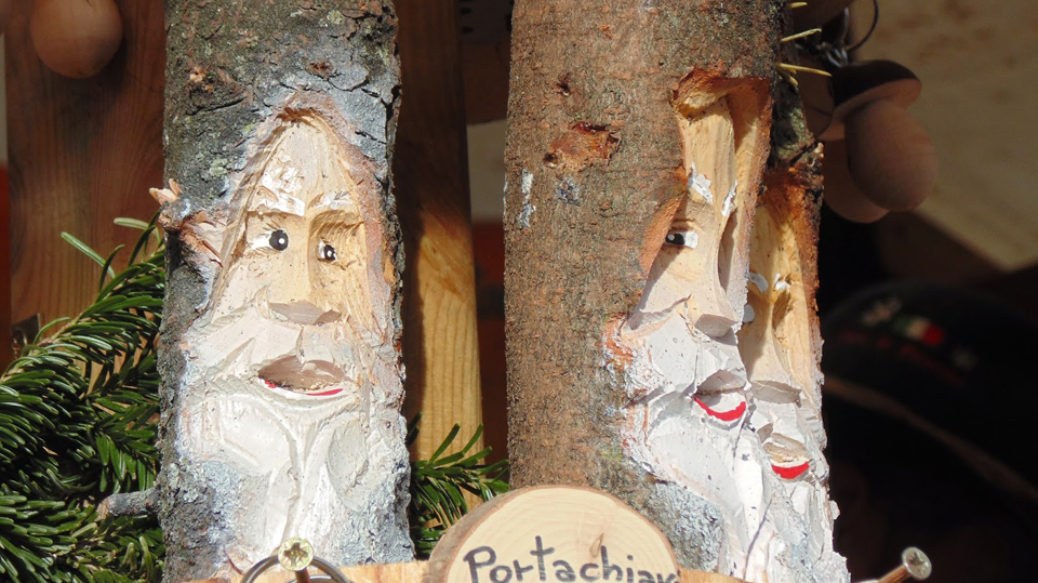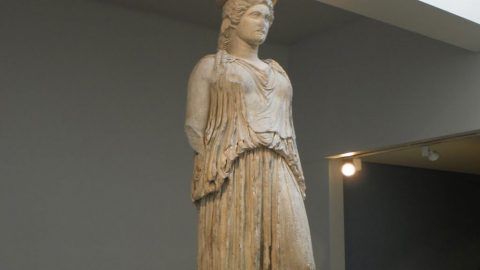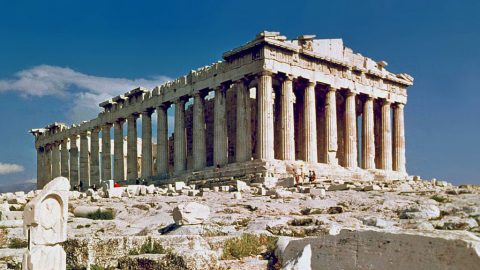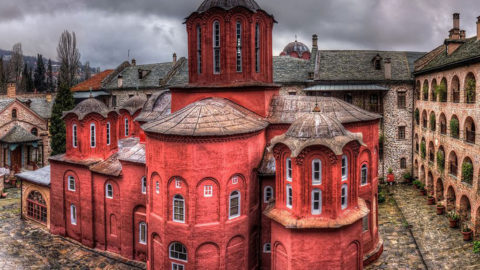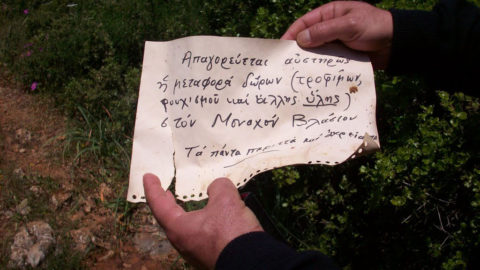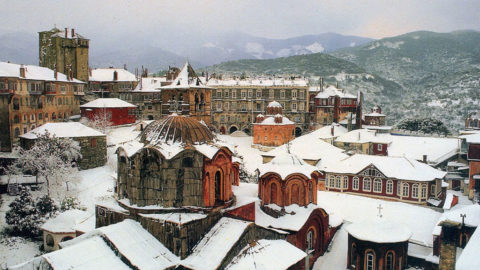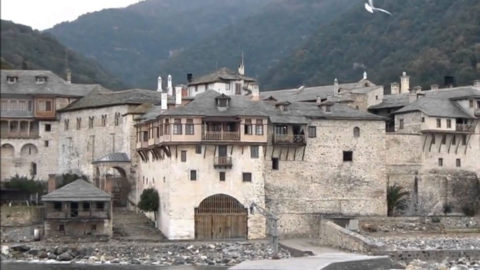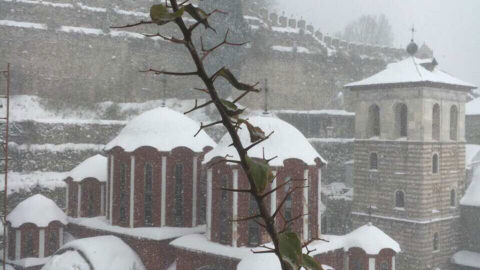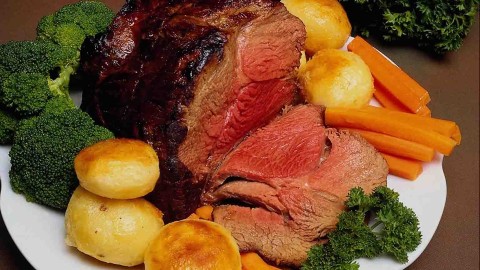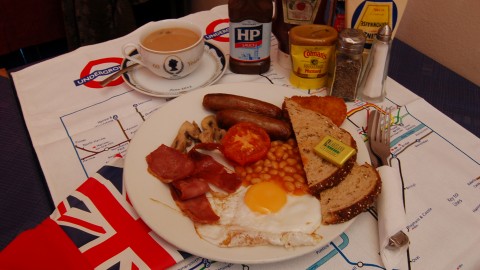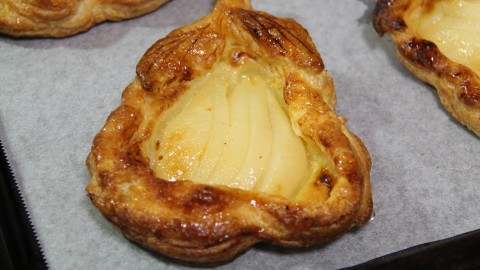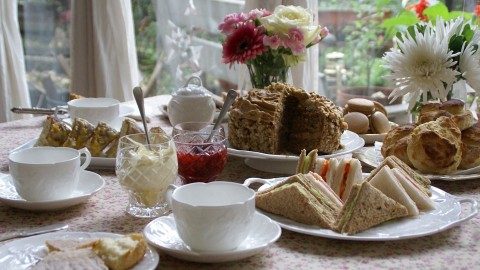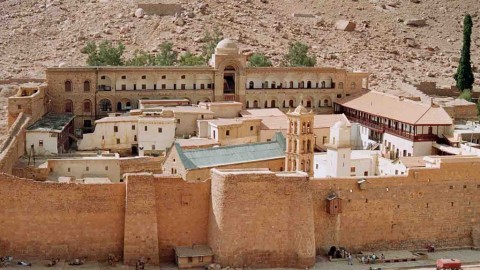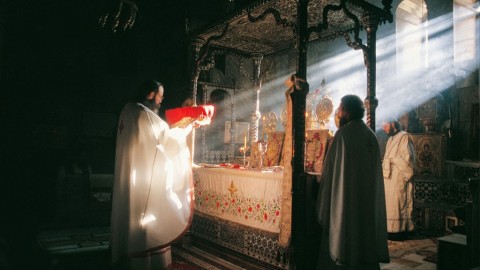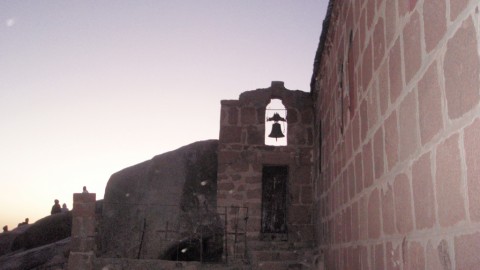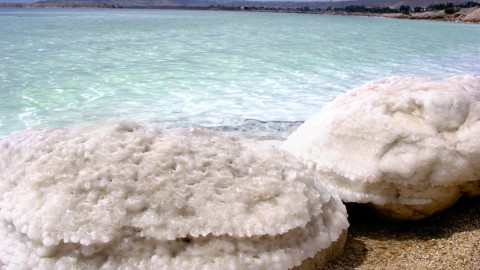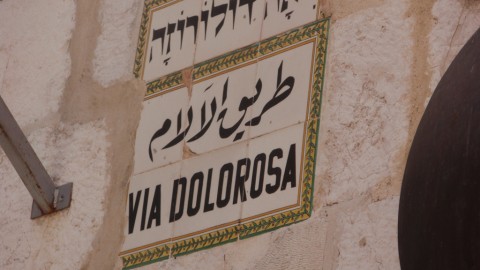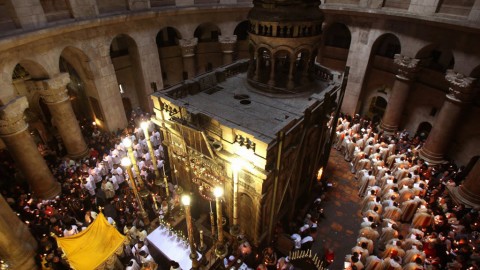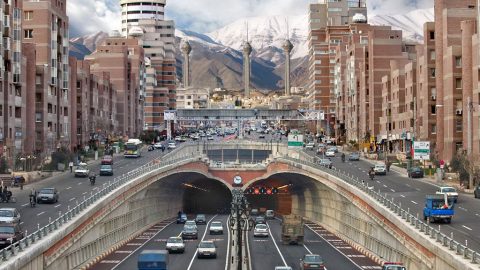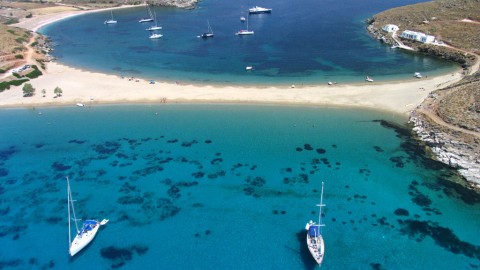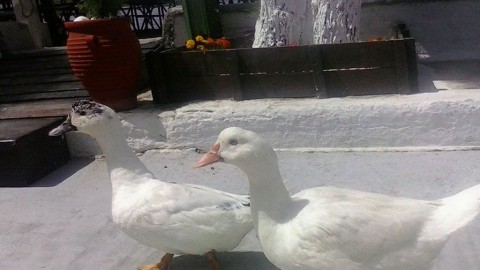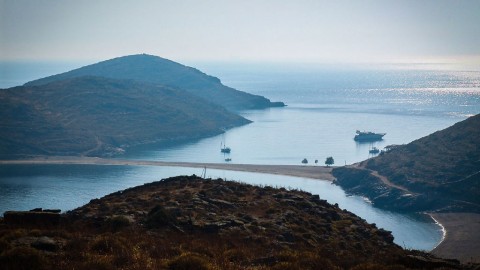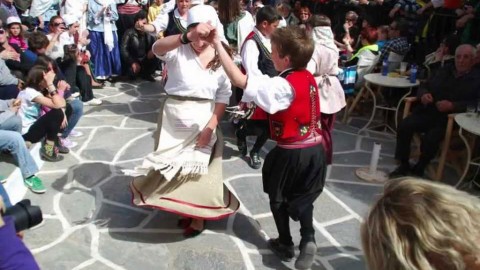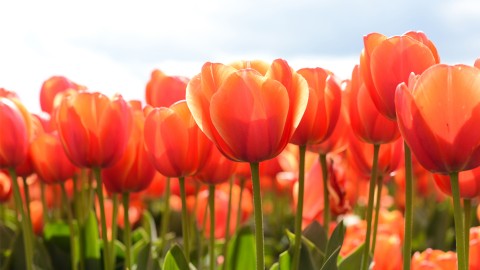Between France, Belgium and Germany lies the Great Duchy of Luxembourg, a country the same size of the average Greek prefecture and inhabited by approximately half a million people.
Luxembourg is an entirely landlocked country, meaning it has no access to the sea; yet it does not lack for water since tributaries of the Rhine (Moselle and others) run through it.
Luxembourg has been a sovereign state with the same borders since the 1839 First Treaty of London that, after the Napoleonic Wars, pretty much shaped the future of Europe. It was invaded and occupied several times by the Francs, the Hapsburgs, the Dutch, the Germans and others; the country can also boast for its remarkable national resistance against the Germans during World War II, which contributed to its final liberation by the USA. Today, it is a founding member of both the EU and NATO and a fanatic advocate of cooperation and peace – perhaps due to the insecurity that its size can create.
Regarding economy, Luxembourg has a remarkable primary sector (agriculture, stock-raising), which, naturally, is not enough to cover domestic demand; therefore, the country acts as a provider of services (banking, finances, insurance, etc.). The capital, Luxembourg City, is the site of several supra-national institutions (European Parliament, European Court of Justice, etc.).
A large portion of the country’s population (40%) is immigrants, mostly from other European countries. Another significant segment is made up by people who work in Luxembourg but reside in either of the three bordering countries, in order to avoid its high accommodation expenses. Thus, they enter the country in the morning and leave in the evening.
Luxembourg’s unemployment is restricted to one-digit numbers and its per capita income is among the highest globally. The country is a protected tax haven; yet its social character is very strong and it provides its citizens with physical and social security of the highest standards.
Luxembourg is serviced by a dense network of trains and buses. Its freeways are safe but not free of congestion during rush hours. The use of public transport is strongly ingrained (the monthly card for unlimited access to transport through the entire country costs 50 euro). Cars are almost persecuted, if we take into account the frequent existence of pedestrian crossings; the austere markings on the roads; and the priority given to pedestrians, bikes and all means of public transport.
Luxembourg is a parliamentary democracy headed by a constitutional monarch: Grand Duke Henri. His grandmother Charlotte is a Symbol of the Nation; she reigned as Grand Duchess from 1919 until 1964 and, while in exile, was very active in the pursuit of the country’s autonomy and liberation during World War II using the local language (Luxembourgish) as a means to that end. Luxembourgish is now one of three official languages of the country, along with French and German. The country’s national anniversary (23/6) is actually a result from Charlotte’s birthday (23/1) moved to a snow-free month. Such is the love for her!
Since 2013, Luxembourg is run by a coalition government made of Social-Democrats, Liberals and Greens; these political parties were 2nd, 3rd and 4th in the last elections and managed to leave the Christian-Democrats (who had formerly governed for 16 years) of Jean-Claude Juncker (who is now President of the European Commission) to serve as the opposition. This happened despite the fact that the Christian-Democrats received the majority of votes; but there are still countries where 35% does not constitute the absolute majority and Luxembourg is one of them.
The Prime Minister, Xavier Bettel, is 40 years old, a lawyer, openly gay and had formerly served as Mayor of Luxembourg City; he also has a Master’s Degree on Admiralty Law from the Aristotle University of Thessaloniki.
There are approximately 1,200 Greeks living in Luxembourg, working diligently; they have contributed to the shift towards a more balanced opinion about our country, somehow cancelling (or, at least, evening out) the aphorisms and prejudice that stem from Northern Europe’s Germanophilia.
Luxembourg is rarely suggested as an independent traveling destination; yet, having lived there for about two months, I propose to argue against this common practice. The country rewards the visitor in numerous ways:
- The capital in itself is on the UNESCO World Heritage List, on account of the historical importance of its fortifications; built on the Moselle valley, on two slopes, with the most unbelievable view, immense greenery and a balanced existence of old and new elements.
- The entirety of the countryside is full of medieval castles; the most prominent one is that of Vianden (which is also the cradle of the current reigning house).
- The Ardennes (a region of extensive forests) in the North are an ideal destination for all those who love nature and sports (walking, hiking, climbing, kayaking, etc.).
- There are at least ten museums (half of them in Luxembourg City) covering all possible fields of interest (the National Museum of History and Art, the Luxembourg City History Museum, the Grand Duke Jean Museum of Modern Art, the National Museum of Military History, the National Resistance Museum, etc.).
- Luxembourg City has its share of nightlife (on Wednesdays, Fridays and Saturdays) even after midnight.
- There are beautiful, evergreen villages (Clervaux, Esch-sur-Sûre, Ettelbruck, Echternach, Vianden, Schengen), where exhibitions, bazaars, feasts and other interesting activities take place often; the furthest you’ll have to travel to reach them is 90 minutes from the capital. In the country’s second largest city, Esch-sur-Alzette, you’ll find the largest market and, gradually, the university is bound to move there as well.
- Luxembourg is strategically placed; it is at most 3 hours away from important destinations (Paris, Strasbourg, Brussels).
Other useful information are the following: the country’s currency is (obviously) the euro; the local time is that of Central Europe (an hour difference from that of Greece); there is an airport but no direct flights from Greece; and the electric current is at 220 Volt. Overall, the cost of living (accommodation excluded) is not much higher than that in Greece; but income is a different story altogether. Suffice to mention that unemployment benefits (provided for up to 12 months) are, as a rule, calculated at 80% of a person’s last salary (whatever that was) and, in no event, lower than 1,800 euros. English is spoken by quite enough people, while employees at hotels, restaurants and cafes tend to speak French more.
Don’t forget to try the famous cocoa beverage: it is served as a solid bar of chocolate of various flavors fixed at the end of a wooden spoon and sunk in a glass of steaming hot goat’s milk, served on the side… You shouldn’t leave Luxembourg without this experience…
current_Panos




